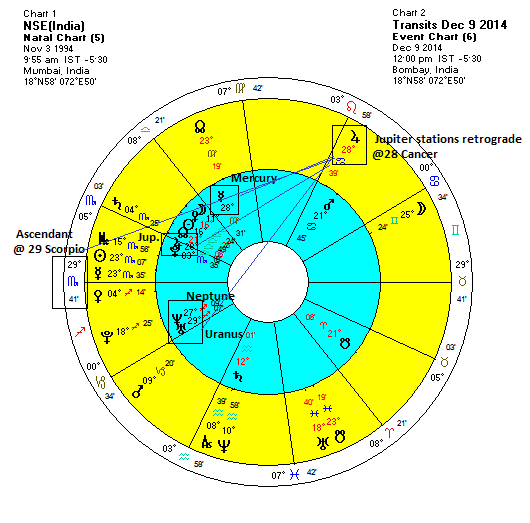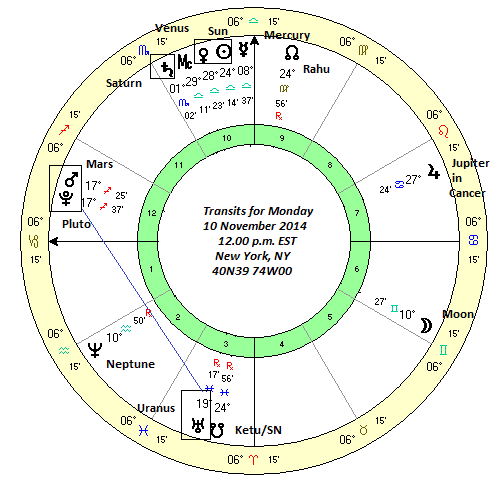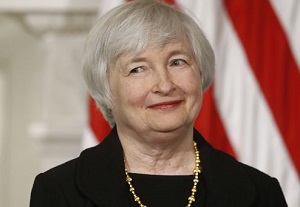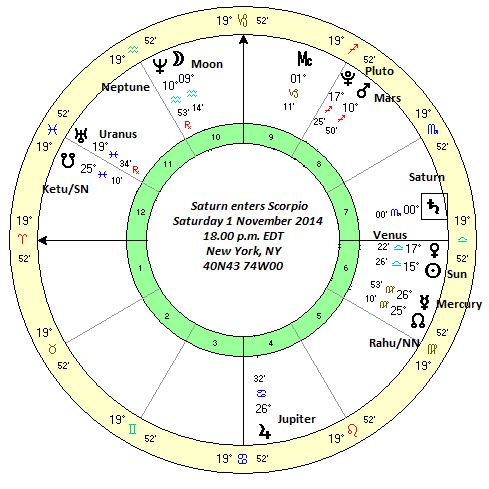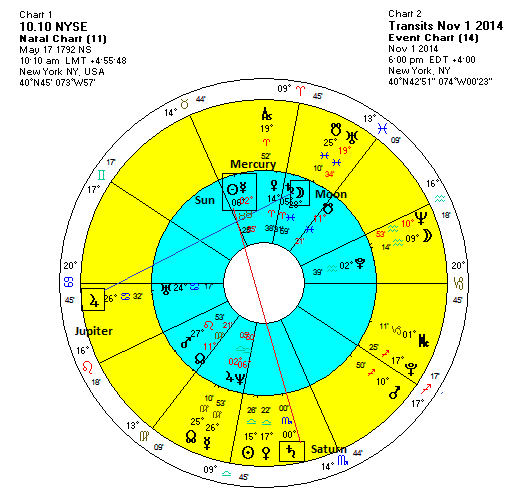 (30 November 2014)
Crude oil prices plunged last week after OPEC decided not to cut
production in an effort to reduce global supply. WTI crude oil declined
13% on Friday and finished near $66 a barrel. Saudi-led OPEC has now
entered a price war with the US and other non-traditional oil producers
in an attempt to push higher cost shale oil out of the marketplace in
order to return OPEC to its previously dominant position. With the
advent of shale oil, the US is now poised to become the world's leading
producer of oil once again.
(30 November 2014)
Crude oil prices plunged last week after OPEC decided not to cut
production in an effort to reduce global supply. WTI crude oil declined
13% on Friday and finished near $66 a barrel. Saudi-led OPEC has now
entered a price war with the US and other non-traditional oil producers
in an attempt to push higher cost shale oil out of the marketplace in
order to return OPEC to its previously dominant position. With the
advent of shale oil, the US is now poised to become the world's leading
producer of oil once again. This collapse of oil prices culminates a six-month decline that began back in June when crude was still well above $100. Unfortunately, there is no easy or simple astrological explanation for Friday's crash although we can make a few general observations.
Saturn entered Scorpio on November 1st and thereby may have put added pressure on oil. The logic is this: since Scorpio is a water sign and Saturn is generally negative, liquids such as oil may be more apt to suffer in some way. As an added burden, we can see that Mars had entered Capricorn two days before the oil crash. Capricorn is a sign ruled by Saturn so Mars' sudden and problematic energy (it is a malefic, after all) would be funneled to Saturn through its sign ownership. This would therefore make Saturn's occupancy of water Scorpio even more damaging for liquids such as oil.
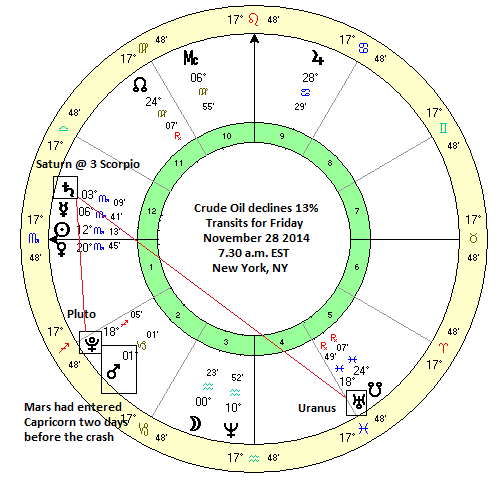
We may also note the difficult 45 degree alignment between Saturn and Pluto and the 135 degree alignment with Uranus which would likely depress oil prices, although that is not specific to Friday's patterns but rather to the late November period in general. Saturn is the traditional planetary significator for oil since it rules minerals and other things taken from the ground. Therefore, these kinds of afflictions involving Pluto and Uranus would be more likely to push prices lower during the time of the closest alignment of angles which were multiples of 15 degrees.
The horoscope of the crude oil futures (30 March 1983 9.30 a.m. EST) offers a few more clues. The chart shows that transiting Saturn (3 Scorpio) is only just past the exact 8th house aspect (210 degrees) from malefic Mars (2 Aries). This was exact in the previous week but it is close enough still to partially link it to this sudden decline. Mars (0 Capricorn) is just one degree past the equal 8th house cusp at 29 Sagittarius. To put it simply: Mars is a bad planet and the 8th is a bad house. Mars is probably the most appropriate planetary energy for accounting for a shocking decline of this type. These are additional pieces of evidence that does fit with the larger decline we have seen in November in addition to Friday's market reaction to the OPEC decision.
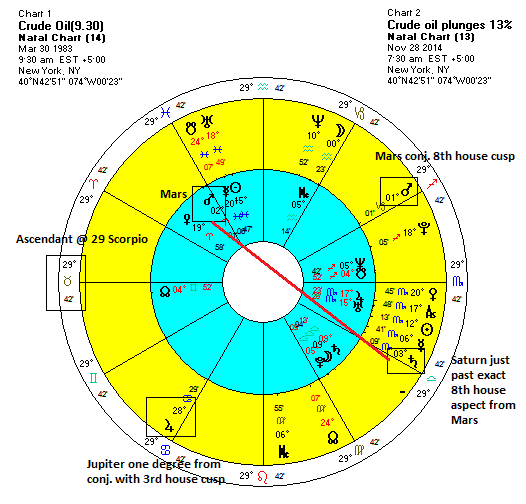
On the other hand, Jupiter is still close to stationing just one degree away from the equal 3rd house cusp so one would think some upside is still possible in the near term. Full disclosure: I did not predict Friday's decline in my newsletter. While I did correctly forecast lower prices through much of November, I thought that crude would begin to rebound last week. Clearly, that was incorrect although we may yet see a rebound here, albeit from a much lower level. One would think that as Saturn moves away from the Mars aspect and Jupiter approaches its station on December 8, oil prices should recover somewhat.
Financial Markets Update
Stocks generally moved higher last week despite the crude oil decline as inflation expectations diminished. In the US, the Dow finished slightly higher at 17,828 while the Indian Sensex closed at another all-time high of 28,693. The ongoing rally is not hugely surprising given the approach of the Jupiter station in early December. Jupiter is more powerful when it is stationary in the sky and a powerful Jupiter usually indicates a time of optimism and rising stock prices.
This week looks a bit mixed due to the Mars-Saturn alignment early in the week. Some negativity is more likely from these two planets. But Venus then aligns with Jupiter by midweek so one would think that augurs fairly well for stocks.

